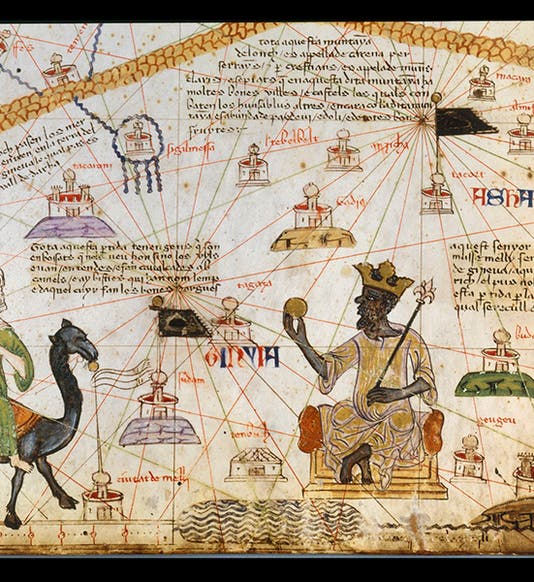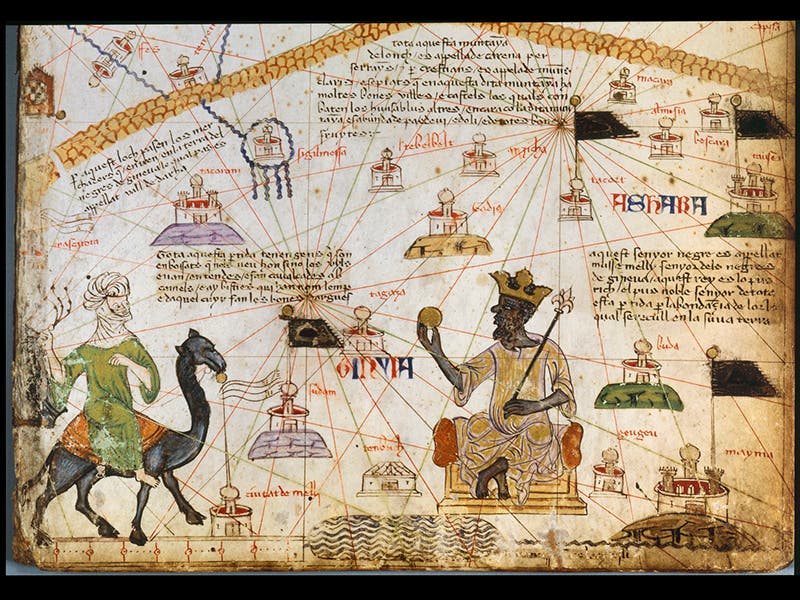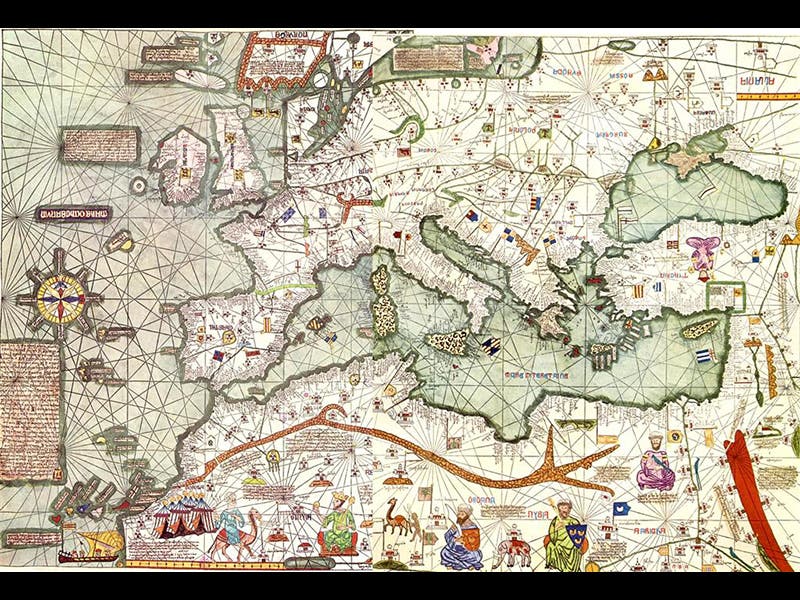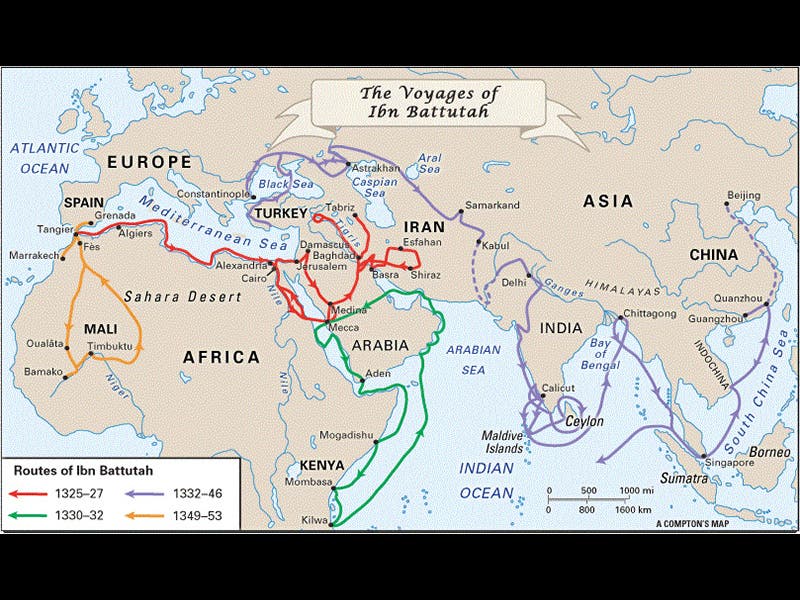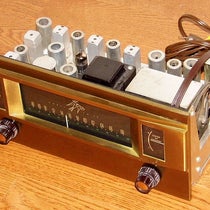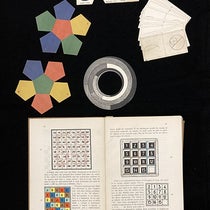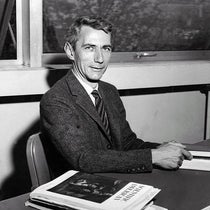Scientist of the Day - Ibn Battuta
Ibn Battuta, a Muslim traveler, was born Feb. 25, 1304, in Tangier, Morocco. Although nearly every Westerner has heard of Marco Polo, few are aware of Ibn Battuta, yet Ibn Battuta left Marco in the dust travel-wise (the proverbial dust, since Ibn Battuta sojourned some 50 years after Marco), travelling over three times as far, under much more difficult circumstances. When he was in his early 20s, like every good Muslim, Ibn Battuta prepared for his hajj, or pilgrimage to Mecca. He said goodbye to his parents, headed east along the Mediterranean coast of Africa, and made it to the Islamic holy land. The difference was that Ibn Battuta did not return home for almost 30 years. Travelling in caravans for protection, he toured much of the Middle East, then headed down to the horn of Africa, and then further on down the coast as far as Kilwa in Tanzania (as far south as any Muslim ever got). He journeyed up into Afghanistan, then on to India, Southeast Asia, and up into China, as far as Beijing (see the third image above for a map of his travels).
Perhaps the most impressive leg of his travels was his last one, across the Sahara and down into West Africa and the kingdom of Mali, crossing 1000 miles of desert in the process. When he finally returned to Morocco in 1354, he dictated a narrative of his travels, which is known as the Rihla, or Journey, of Ibn Battuta. It survived in a number of manuscripts, but hardly anyone noticed until the French found several manuscripts in Algeria in the 19th century and translated the Rihla into French. On the famous Catalan Atlas of 1375 (see the second image above for the Mediterranean and African section of this map), it is thought that the figure at the bottom left on the camel is Ibn Battuta (see the first image above for a detail), travelling to see the great Mali leader, Mansa Musa (a chronological impossibility, since the two were not quite contemporaneous).
The principal world monument to this great world traveler is the Ibn Battuta Mall in Dubai, which, with its central Starbucks kiosk, doesn’t quite do him justice.
Dr. William B. Ashworth, Jr., Consultant for the History of Science, Linda Hall Library and Associate Professor, Department of History, University of Missouri-Kansas City

